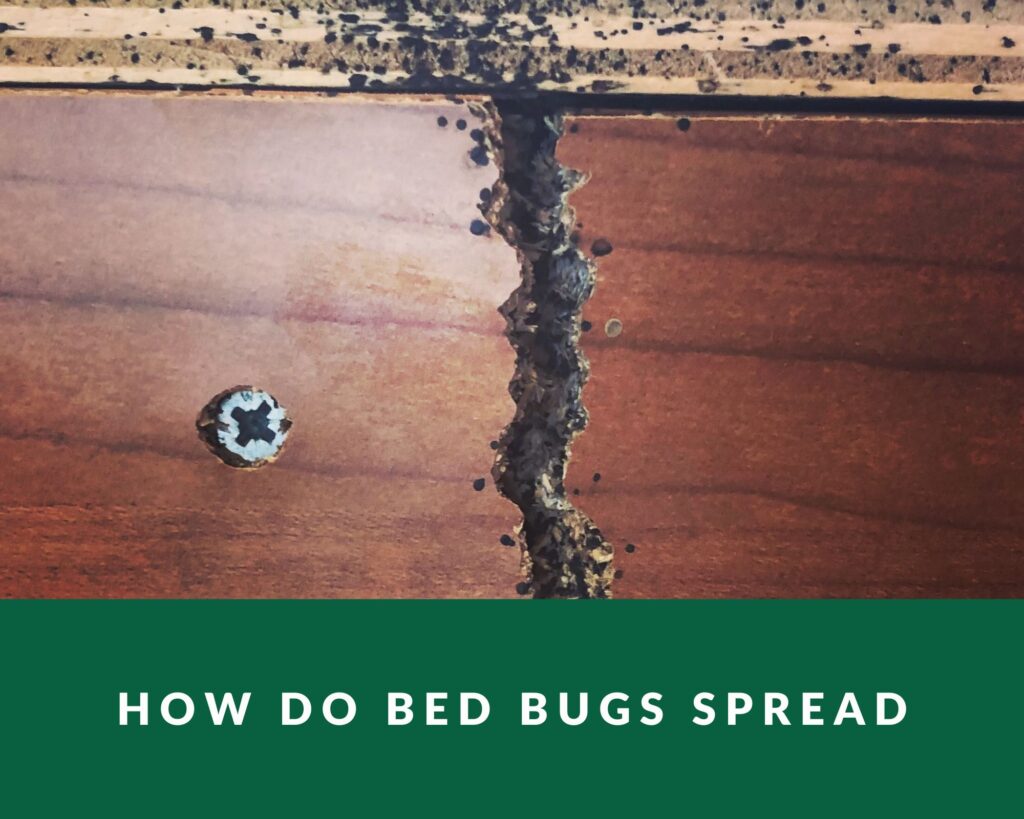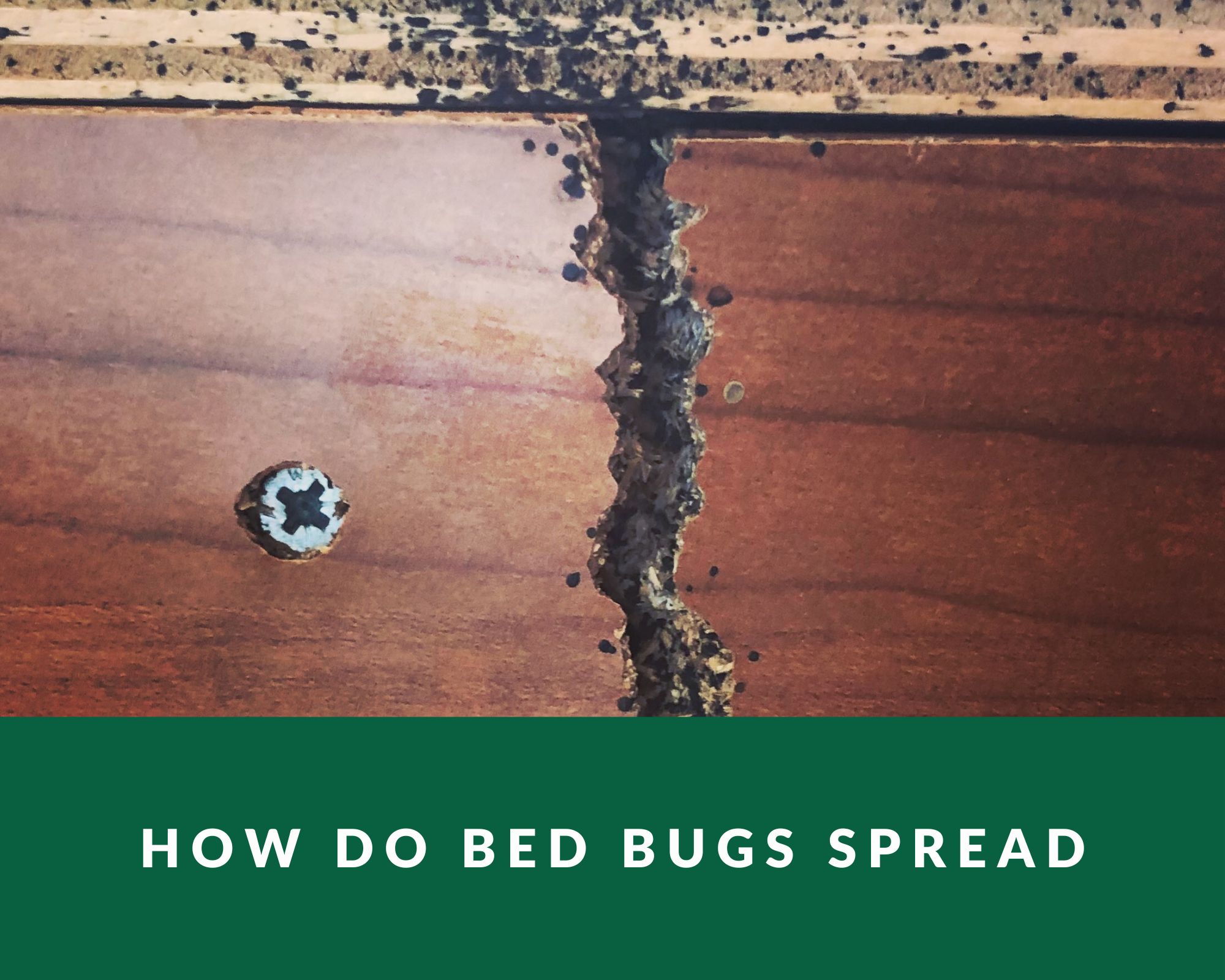
There is nothing worse than experiencing unease in your own house, yet bugs will make you experience this way. Anybody can experience the feeling of being insane when dealing with insects that bite and reproduce. Whoever has bed bugs begins to wonder how quickly they spread.
Read on to discover more about them!
What are the signs of bed bugs?
Here are some indications to watch out for if you think there may be an infestation:
- Fecal stains, shed or cast skins, or bed bug eggshells
- Musty smell
- Your linens or pillowcases have bloodstains.
- Areas of bed bug feces that are rusty or dark on walls, beds, and linens.
- Bites: You might have bed bugs in your home if you feel you are itching in the middle of the night or if you awaken to bites that weren’t there before you fell asleep.
How bed bugs spread
Though they lack wings, bed bugs can nonetheless travel from one room to another. They accomplish this by hitchhiking on your person, your belongings, used furnishings, and even your pets.
More bed bugs will migrate to other areas of the house and to other places as the problem gets worse.
Even the cleanest homes and hotels can have bed bugs. They can maneuver through gaps the width of a credit card and other similarly sized, unreachable spaces.
They can move 4 feet in a minute on average as well. As a result, if you go from your infested bedroom to another sleeping location, it might just take bed bugs an hour to make their way to you.
Bed bugs have also been seen to move on purpose. Although they are less likely to depart a structure, they will roam about its rooms. This implies that they can spread to various rooms within a house as well as to additional units or hotel rooms within a multi-dwelling structure.
Bed bugs spread through:
- Immediate proximity to objects that are regularly used, such as clothing, handbags, wheelchairs, mattresses, and sofas.
- Concealing oneself in moving boxes, bags, or other objects that are used to go from one home to another or from a hotel to a home.
- Slithering through pipes, ducts, electrical cables, or other openings, you can gain access to walls, ceilings, and doorways.
- Living on clothes from household infestations and can spread when someone wears accidentally contaminated garments.
- Used products purchased from used shops, thrift shops, and commercial outlets.
- The collection of items or furniture abandoned on the street.
- Travel. Bed bugs can get into your luggage, which you can then bring home with you.
How fast do bed bugs spread
Bed Bugs can mature into adults after up to six weeks in the right conditions. In the course of a year, your home may end up hosting several populations of bed bugs. Notice how quickly they disperse their hiding places as well.
They can nest anywhere, including in crevices in furniture and door frames. Additionally, although “traveling” is how bed bugs prefer to spread, their ability to move from one area to another contributes to their rapid proliferation.
How bed bugs reproduce
You only need one female bed bug to develop a significant infestation. A female bed bug’s lifetime is drastically reduced during the breeding season, hence the female bed bug may leave the host site for some time.
For a period of 4 to 6 weeks, bed bugs can carry sperm and lay eggs. They can remain independent for 12 to 18 months.
Female bed bugs typically produce three eggs every day, but more frequently between seven and nine eggs each week, and about 250 eggs throughout the course of their existence.
Up to 5,000 new bed bugs might be born in just six months from a single pregnant mother bed bug. In between 6 and 17 days, bed bug eggs hatch, and it takes around 3 weeks for the young to complete early growth and mature.
How to prevent bed bugs from spreading
It’s crucial to learn how to look for signs of bed insect activity in order to stop bed bugs from infiltrating every area of your house. Additionally, some of the greatest methods to avoid bed bugs include:
- Regularly tidy up and declutter your home.
- If you find bed bugs, wash your clothes, stuffed animals, and bedding on the hottest setting.
- Avoid buying used furniture until you’ve thoroughly checked it for bugs.
- Cover your home’s mattresses and box springs with protective covers.
- Use hard shell luggage when you travel, and check your hotel room for bed bugs carefully. Always keep your bags off the ground.
- Visually check the suitcase when you get home from a trip, or shake the travel bag on a surface where you might be able to see the hitchhikers falling off.
- Once you get home from a trip, wash all the clothes and thoroughly clean the suitcase before putting everything away.
- Use plastic bags to transport your clothing to and from laundromats or shared washing rooms, and fold your clothing at home if possible.
Conclusion
To prevent these hardy pests from colonizing your entire home, a bed bug infestation requires prompt professional treatment and removal. If you are not vigilant, even one undetected bed bug might cause a new infestation.

